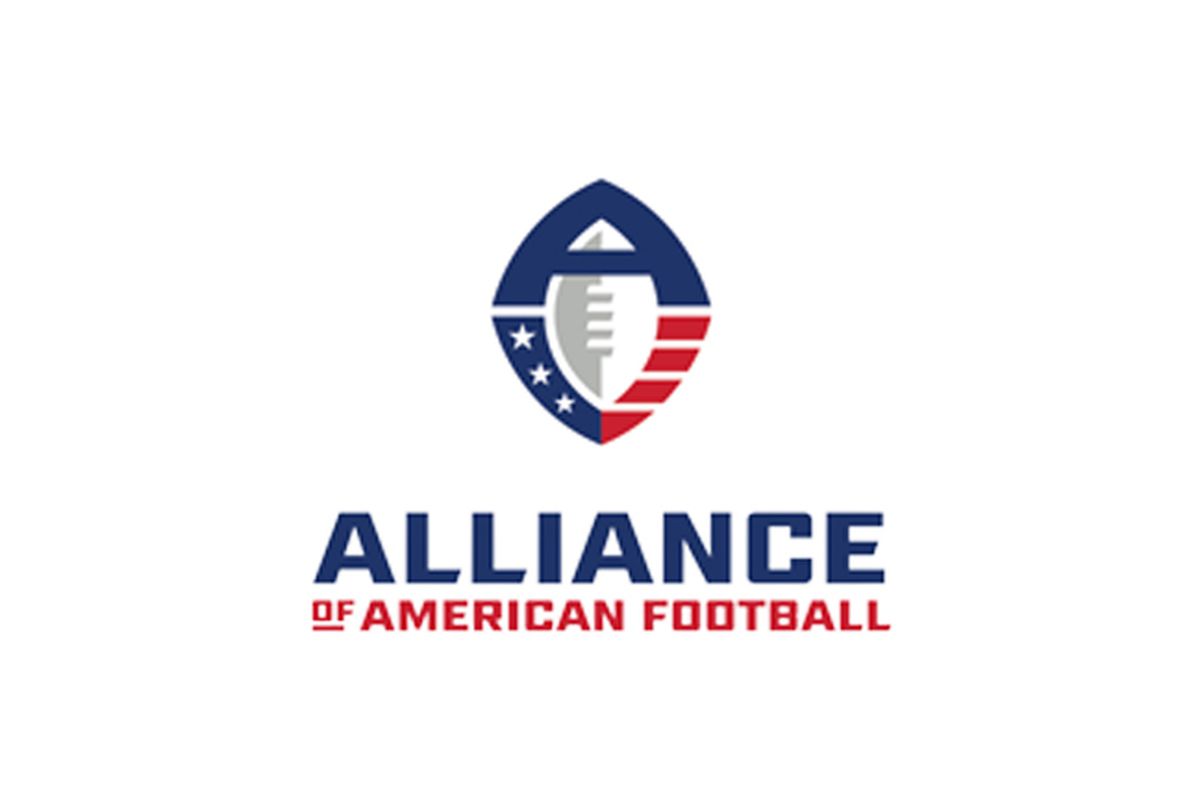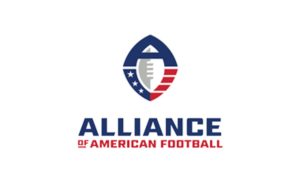Tom Dundon, owner of the NHL franchise Carolina Hurricanes, was hailed as the savior of the Alliance of American Football in February, only to be decried as its destroyer just a month and a half later. His initial investment allowed the fledgling league to keep its doors open after two weeks of play, but he was the one who made the decision to terminate the league after eight total weeks, two shy of a complete regular season, and well before the postseason was set to begin.
With the AAF in bankruptcy, Dundon has now filed a claim, according to Dan Kaplan of The Athletic via Pro Football Talk, seeking a return of his $70 million investment by arguing that he and his associates were significantly misled on a number of issues.
For one thing, he contends in his filing that he was led to believe that his $70 million investment would in itself be sufficient to carry the league through at least its inaugural season. It would later be revealed to him that it would take roughly $120 million–$50 million more—to keep the league afloat long enough to complete the year.
Beyond that, Dundon’s party alleges that he was given the impression that his $70 million investment would, in fact, also help the AAF jumpstart into a second season, and that $55 million would be sufficient to complete the inaugural season with a substantial sum available to put the next into motion.
He claims that the league was not forthcoming about a number of other issues, including the existence of $13 million in outstanding unpaid debts and the fact that there was “ongoing threatened litigation from a past associate who claimed to be a co-founder of the League and who was suing to obtain a 50% interest in the AAF”.
That original investor was Reggie Fowler, who is now facing a possible 70-year jail sentence for bank fraud and operating an unlicensed money-transmitting business. Fowler said that he would commit $170 million to the AAF, originally, before pulling out as the season got underway, and the pending charges faced may have had something to do with it, since his liquid assets were not truly his after all.
If what Dundon claims is true, which is seemingly not incredibly unlikely given the number of things that we have learned after the fact, when that should serve as some vindication for his having been painted the villain. His decision to pull the plug was tied to an apparent demand that the league function as a true minor league for the NFL, but there was clearly much more involved than that.
So the AAF’s original chief funder turned out to be a criminal, which wasn’t revealed until the season was getting underway, which prompted the league to mislead Dundon about the circumstances of the matter. And it was the players and those who worked for the teams that suffered the most because of all of this. I truly hope as many of them as possible can find opportunities in the XFL—if not the NFL, or in a college program, in the case of coaches and employees.






